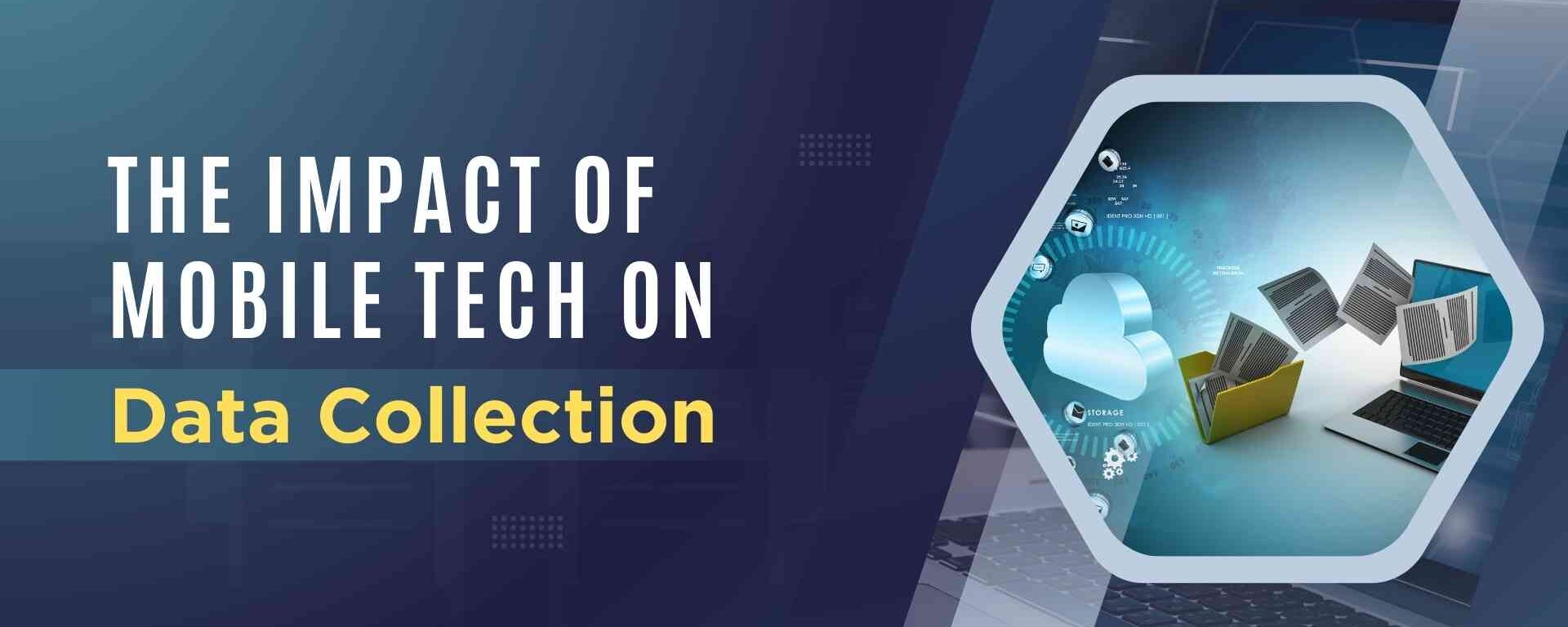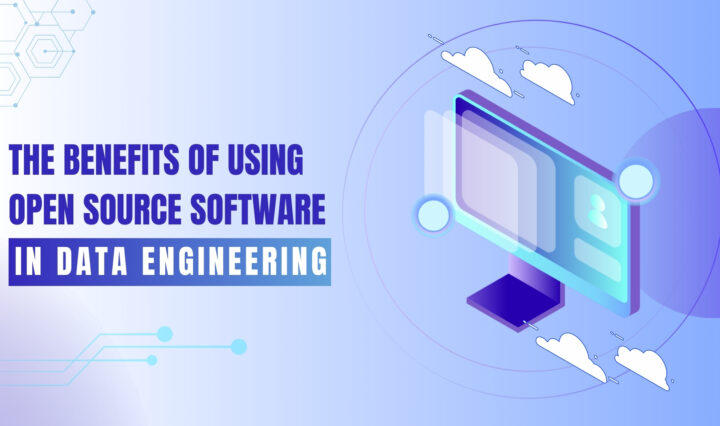Table of Contents
The Impact of Mobile Technology on Data Collection
Mobile technology has transformed how we gather and utilise data. From smartphones to tablets, these devices have made data collection simpler, faster, and more effective.
How mobile technology impacts data collection
- Easy Access to Information
Mobile devices provide instant access to information. Whether you’re at home or on the go, you can collect data with just a few taps. This convenience allows businesses to gather real-time data, enabling quicker decision-making. For example, a retailer can track inventory levels and customer preferences instantly, adjusting stock as needed. - Enhanced User Engagement
Mobile technology fosters greater interaction between businesses and customers. Apps and mobile websites can engage users through surveys, polls, and feedback forms. This direct engagement helps companies understand customer preferences and behaviours, leading to improved products and services. For instance, a restaurant might use a mobile app to gather feedback on new menu items, allowing them to make adjustments based on customer tastes. - Location-Based Data
With GPS capabilities, mobile devices can collect valuable location data. Businesses leverage this to understand customer movements and preferences. For example, a coffee shop can send special offers to customers who are nearby, increasing the likelihood of a sale. This targeted approach not only boosts sales but also enhances the overall customer experience. - Cost-Effective Solutions
Collecting data through mobile devices is often more cost-effective than traditional methods. Businesses can save on printing costs for surveys and reduce the need for physical data collection teams. Instead, they can use mobile apps to gather information directly from users, streamlining the process and reducing expenses.
- Real-Time Analysis
Mobile technology enables real-time data analysis. Companies can monitor trends as they happen, allowing for quick adjustments to strategies. For example, if a marketing campaign isn’t performing well, businesses can tweak it based on immediate feedback, maximizing their return on investment.
- Improved Accuracy
Mobile data collection often results in more accurate information. Users can input data directly into apps, minimizing the chances of human error that can occur with manual entry. This accuracy is crucial for making informed decisions, as businesses rely on precise data to guide their strategies.
- Increased Privacy and Security
With advancements in mobile technology, data collection has become more secure. Many apps now offer encryption and other security features to protect user data. This focus on privacy helps build trust between businesses and their customers, encouraging more people to share their information.
- Broader Reach
Mobile technology allows businesses to reach a wider audience. With billions of smartphone users worldwide, companies can collect data from diverse demographics. This broader reach enables businesses to gain insights from different markets, helping them tailor their products and services to meet various customer needs.
Conclusion

Mobile technology has revolutionised data collection, making it easier, faster, and more accurate. As we continue to rely on our devices, businesses will find even more innovative ways to gather and analyze data. Embracing these changes can lead to better customer experiences and smarter business decisions.
So, the next time you use your mobile device, remember how much power it holds in shaping the future of data collection! By using mobile technology effectively, businesses can stay ahead of the curve and meet the ever-evolving needs of their customers.


 Like
Like LOVE
LOVE Win
Win Cute
Cute LOL
LOL OMG
OMG WTF
WTF Fail
Fail

